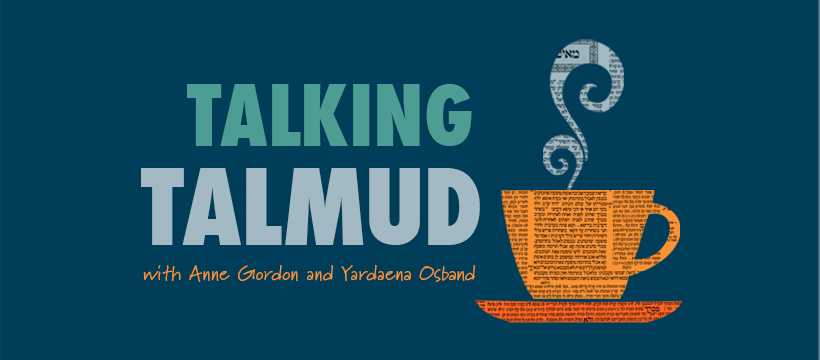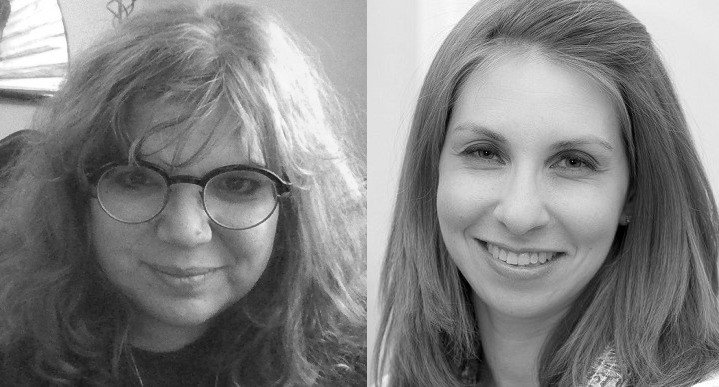
There are days when a court won’t hear a capital case, because the capital verdict is not allowed to be issued on the same day as the case is heard, deliberated, etc. So, for example, Erev Shabbat (Fridays) and Erev Chag (the day before the night a holiday begins). This is further complicated by the need to carry out a death sentence on the same day as the verdict, rather than leave the convicted person with the death sentence hanging over his head overnight. Also, the overriding dominance of Shabbat, except when it comes to a “met mitzvah” – an unidentified dead body that needs immediate burial from whomever can do it – including kohanim, including a nazir. Plus, other extreme cases that might entail conflict or competing mitzvah needs – like keeping shabbat and circumcision, for example, when they need to be done simultaneously, but both can’t be kept in that same moment.
Click here for the Talking Talmud podcast on Sanhedrin 35/871a>.’”
To listen: Click the link above. Or subscribe wherever you get your podcasts. Or join the Talking Talmud WhatsApp group, and receive the link as soon as it goes up.






